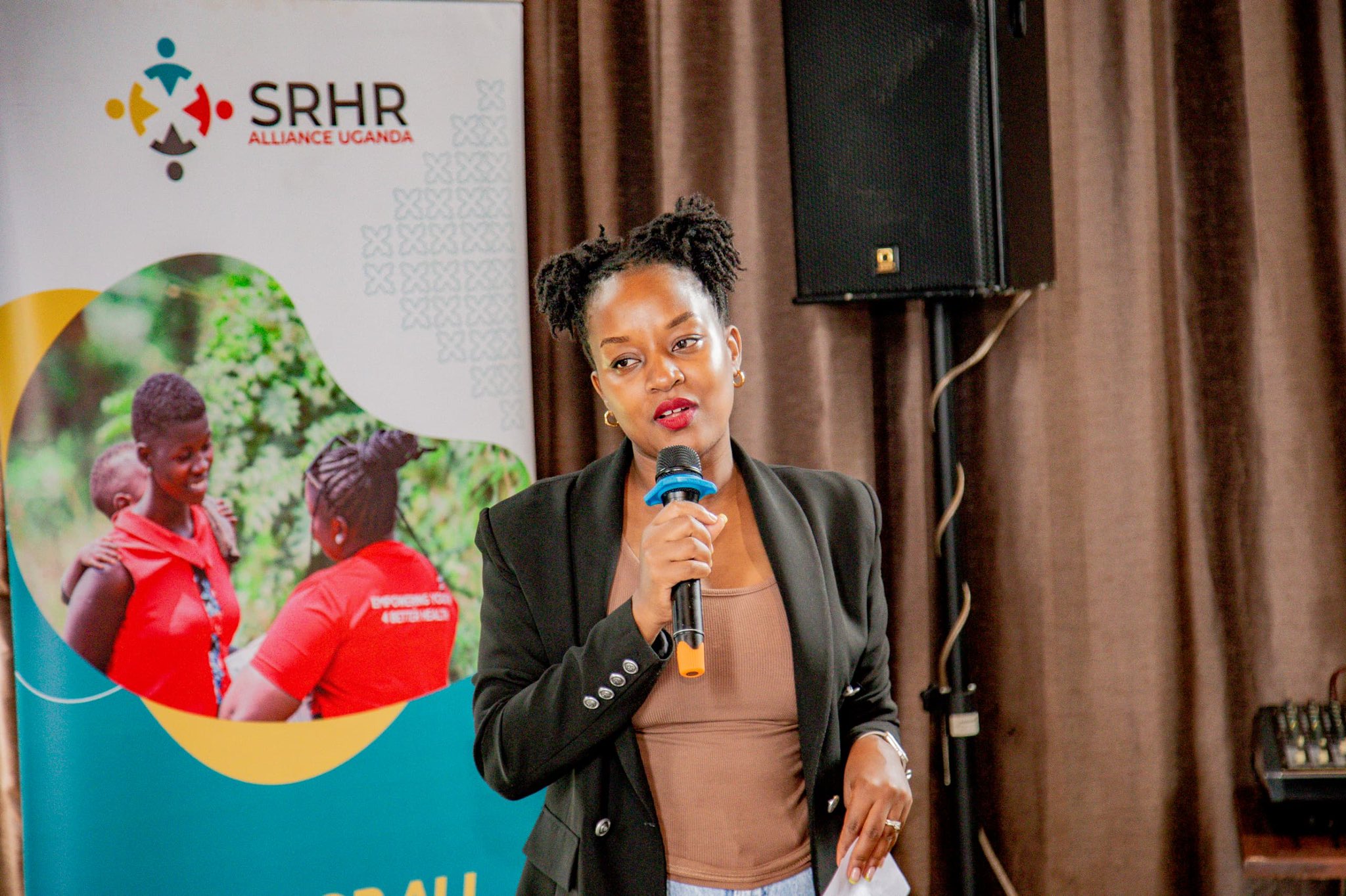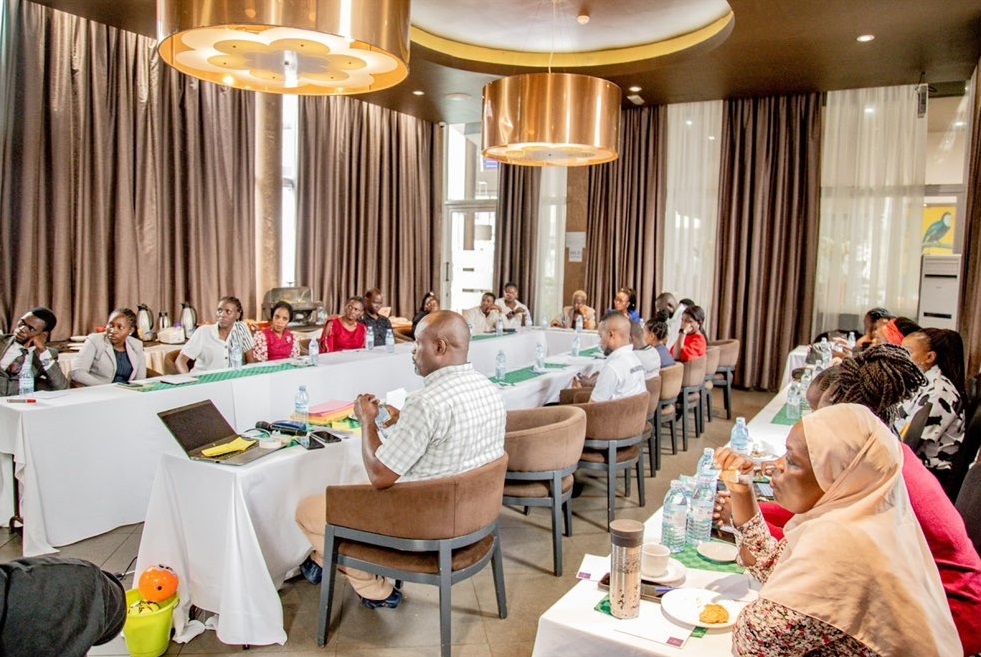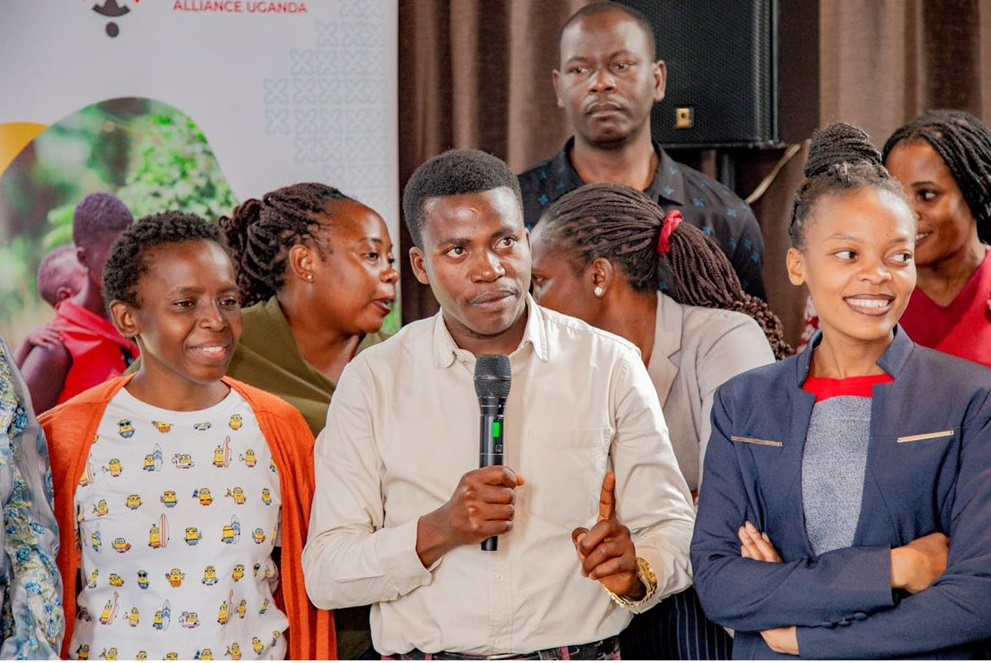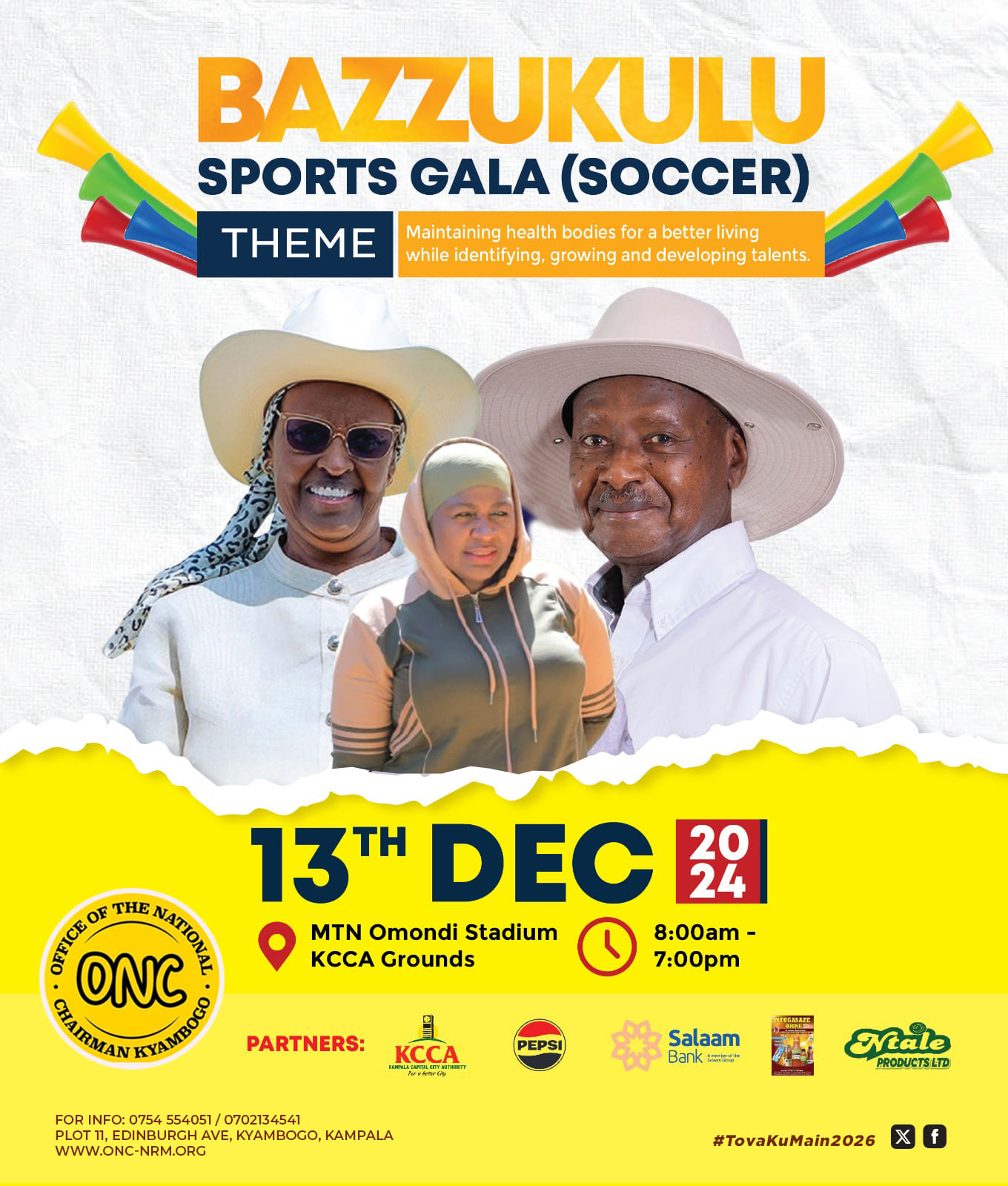Kampala, Uganda, (UG):- Sexual Reproductive Health and Rights Alliance (SRHR) Uganda Friday concluded a two-day training workshop for media professionals, aimed at building their capacity to report on Sexual Reproductive Health and Rights (SRHR) issues.
Held during the ongoing #16DaysOfActivism campaign, the event highlighted the critical role the media plays in addressing SRHR challenges and amplifying the fight against gender-based violence (GBV).
In her opening remarks, Ronnie Tusingwire, Programs & Capacity Development Coordinator at SRHR Alliance Uganda, emphasized the influence media professionals wield in shaping public opinion and driving social change.
“Media practitioners are not just reporters; they are educators, advocates, and agents of change,” she said. “Your ability to inform and inspire action is key to promoting an accurate understanding of SRHR issues.”
Tusingwire acknowledged the challenges media practitioners face, including misinformation, bias, and the misuse of language, which can distort public perception of sensitive SRHR topics. She called for a shift towards responsible reporting that centres on human rights and avoids perpetuating stigma.
She further highlighted that as Uganda continues to observe the ongoing #16DaysOfActivism, media personnel should seize this opportunity to start reporting on SRHR stories in an unbiased manner, leading with a human rights-based approach rather than personal beliefs & values.

“ Today, I ask that we create a safe & respectful environment where we can all openly share, be present & open-minded because that will aid you in learning more about the existing SRHR issues &best we can report on them to make a lasting impact in our communities,” Tusingwire emphasized.
“You have a platform that we don’t have, meaning that if used properly, you can become SRHR champions & advocates. We are looking forward to continuously working with you to create impactful narratives that drive change & improve young people’s lives.”
On her part, Ms Olgah Daphynne Namukuza, Country Director at SRHR Alliance Uganda, underscored the organization’s commitment to combating GBV and promoting gender equality. She highlighted the need for the media to play a proactive role in raising awareness and driving systemic change.
“Ending violence against women and girls is not just a women’s issue; it’s a societal issue,” Namukuza said. “We need to empower both women and men not only through advocacy but through tangible solutions like access to education, economic opportunities, and leadership roles.”
She also stressed the importance of engaging men and boys as allies, advocating for spaces where they can express emotions, seek help, and challenge harmful stereotypes. “Men have a vital role to play as partners in this fight,” she noted. “Together, we can create communities that reject violence and uphold equality.”

On collaboration for sustainable impact, Ms Namukuza urged media practitioners to work closely with civil society organizations, policymakers, and community leaders to amplify diverse voices and drive impactful advocacy.
“Media is a powerful tool,” she said. “By telling the right stories in the right way, we can influence policies, shift mindsets, and create lasting change.”
As the training concluded, participants reflected on their role in fostering a deeper understanding of SRHR issues. The workshop equipped them with the skills to report stories that challenge harmful norms, inspire action, and support young people in making informed decisions about their health and rights.
“This is not just about reporting—it’s about being part of the solution,” Tusingwire said in her closing remarks. “As media professionals, you have the responsibility to use your platforms to build a more equitable and informed society.”
Do you have a story or an opinion to share? Email us on: dailyexpressug@gmail.com Or join the Daily Express WhatsApp channel for all the latest news and trends or join the Telegram Channel for the latest updates.


